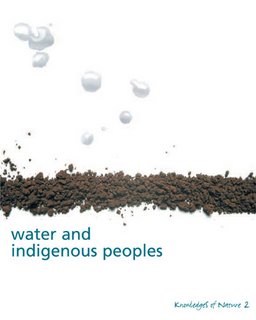
Rural and indigenous peoples possess their own knowledge, practices and representations of the natural environment, as well as their own conceptions about how human interactions with nature should be managed.
UNESCO launched the LINKS project in 2002 to heighten interdisciplinary and intersectoral action among the elements of its program.
The LINKS project seeks to promote dialogue amongst traditional knowledge holders, natural and social scientists, resource managers and decision-makers in order to enhance biodiversity conservation and secure an active and equitable role for local communities in resource governance. The survival of indigenous knowledge as a dynamic and vibrant resource within rural and indigenous communities depends upon its continuing transmission from generation to generation.
The project website includes links to publications and other resources as well as descriptions of project activities.
During the Fourth World Water Forum in Mexico City (March 2006), the project published "Water and Indigenous Peoples", based on the papers delivered at the Second and Third World Water Forums (The Hague in 2000 and Kyoto in 2003).
It brings to the fore some of the most incisive indigenous critics of international debates on water access, use and management, as well as indigenous expressions of generosity that share community knowledge and insight in order to propose remedies for the global water crisis.To request a copy, email - links@unesco.org.
No comments:
Post a Comment